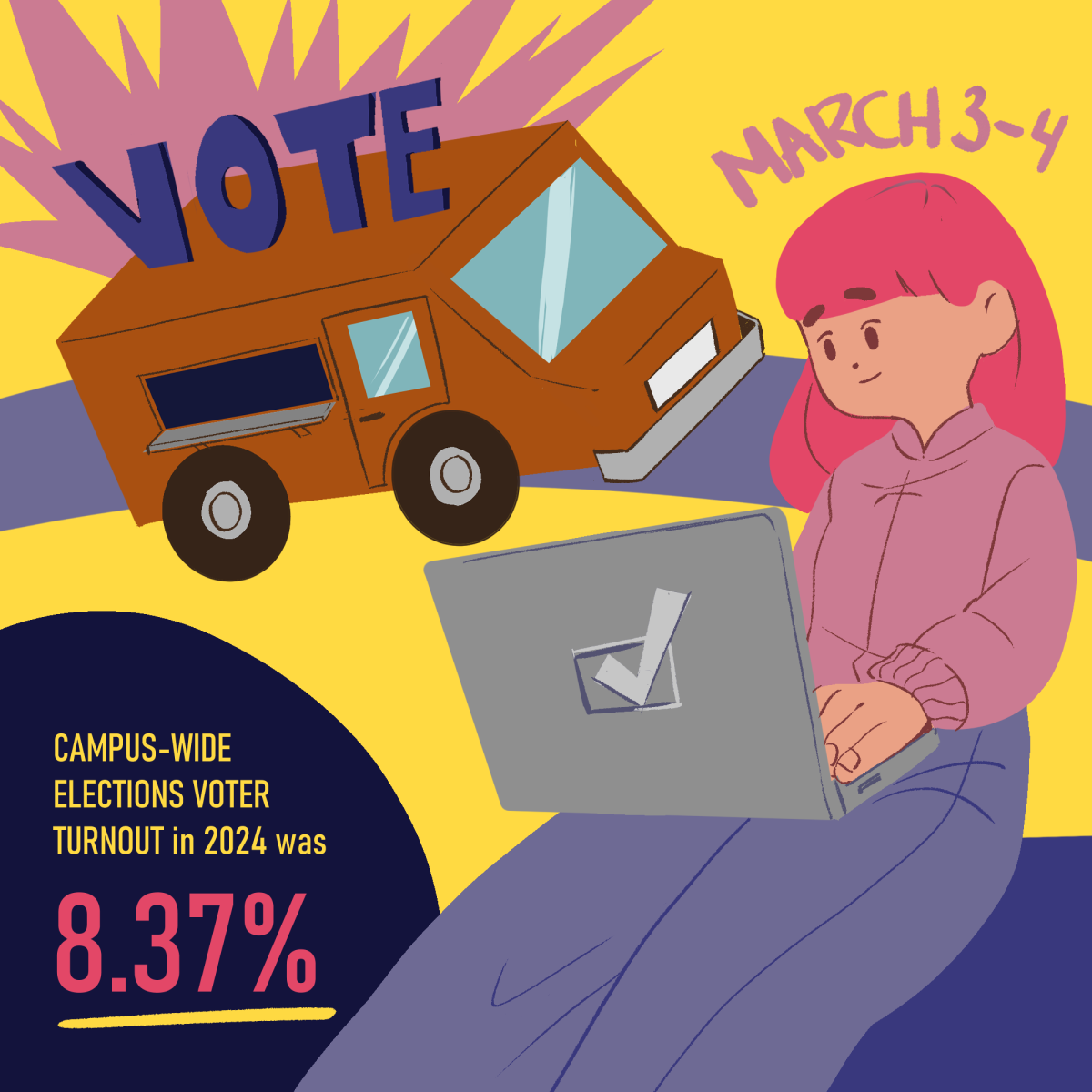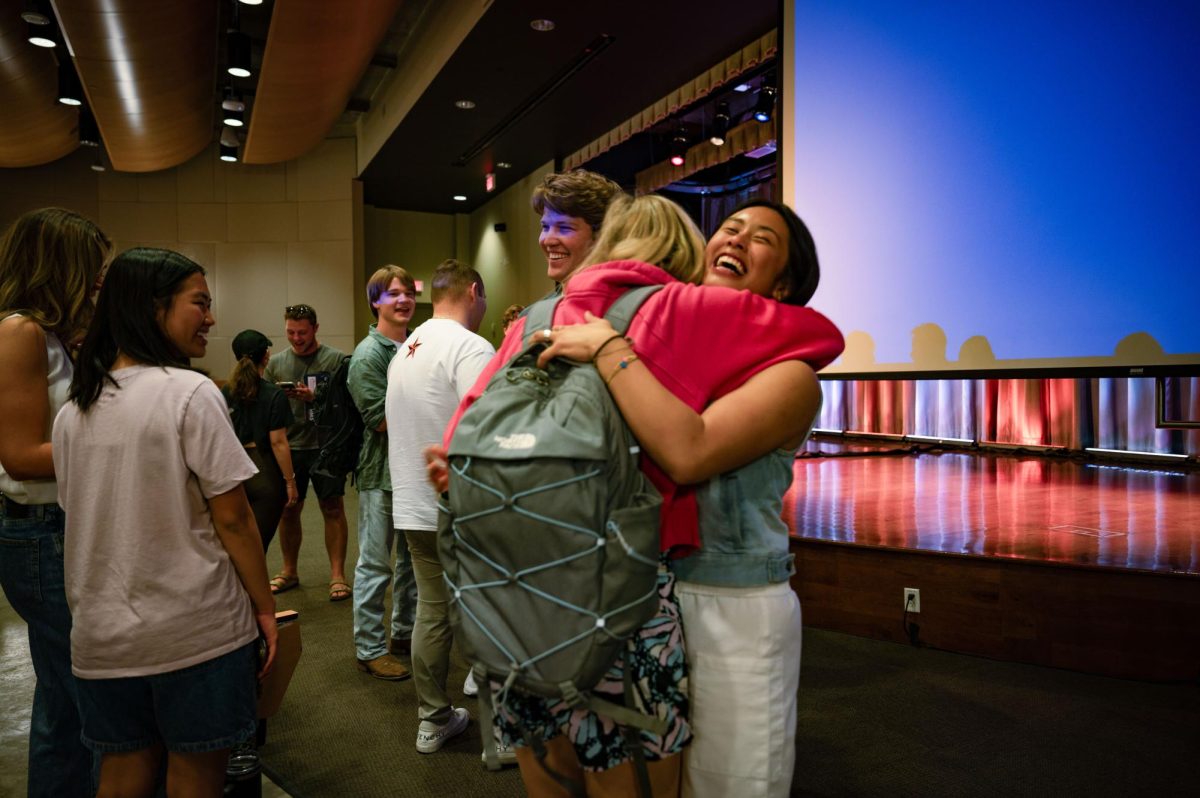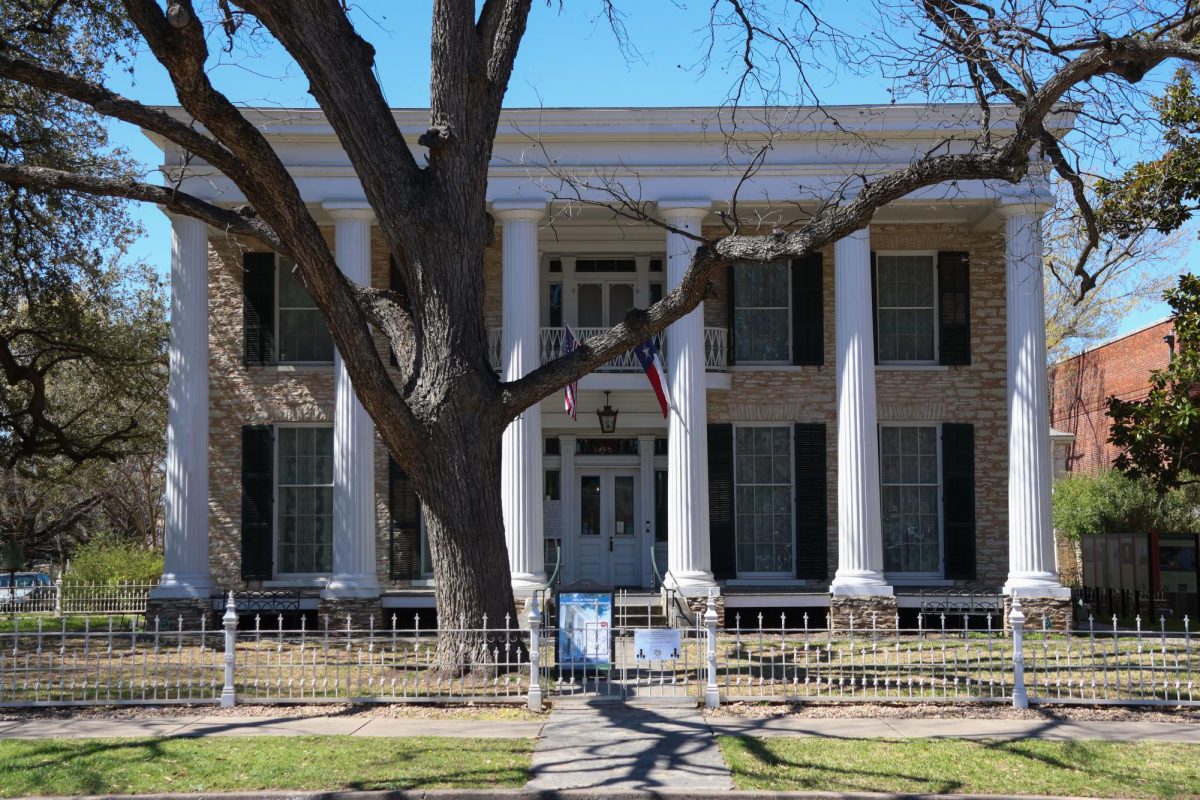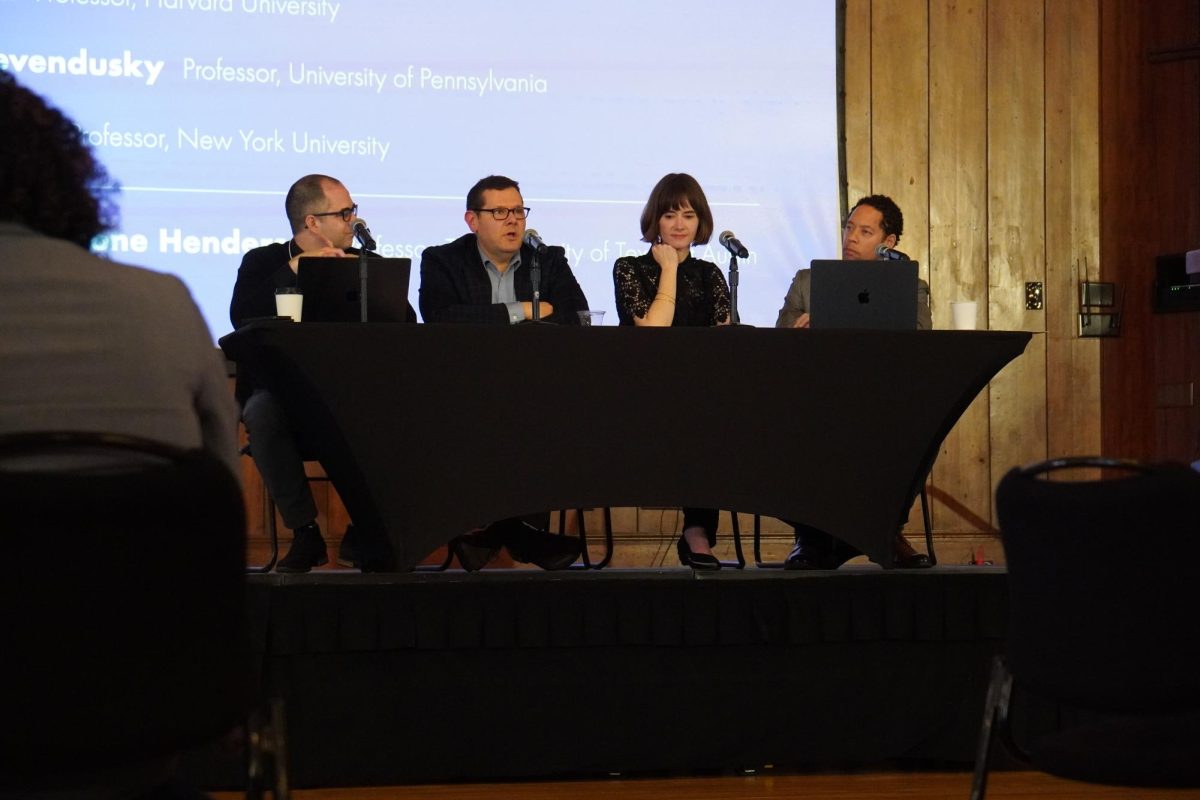The U.S. Department of Education awarded two grants totaling over $50 million to UT’s School of Education Institute for Public School Initiatives to support college and career readiness for more than 9,000 low-income students yearly, according to an Oct. 24 announcement.
The grants, “All In” and “Mindset College Ready,” are part of a larger initiative by the Department of Education to improve educational outcomes for disadvantaged students across Texas, called Gaining Early Awareness and Readiness for Undergraduate Programs, or GEAR UP.
The University became the largest GEAR UP grant holder in the state, reaching more than 24,000 students across 21 school districts, according to the announcement.
Michael King, a director at UT’s Institute of Public School Initiatives said the sustainability and long-term impact of the program play an important role in servicing these districts.
“One of the things that the Department of Education requires is sustainability,” King said. “It’s not like we come in with a large sum of money and activities and programs and follow one cohort of students that leaves. Part of the process is to showcase what is possible to the district leadership.”
The grants fund programs that provide services intended to equip students with the skills and confidence to pursue higher education, including tutoring, counseling and college readiness initiatives.
“Our initiatives are designed to support the whole student, from academic achievement to health and wellness, and we are committed to advancing public education through our work,” the institute stated on its website.
Journalism freshman Adamaris Olivares-Lopez participated in GEAR UP during high school and said the program’s mentorship had a lasting impact on her academic journey. One of her school’s assigned mentors, referred to as Ms. Noack, helped her find academic and scholarship opportunities, ultimately leading her to attend UT.
“Ms. Noack would see that there was a college that I would want to go to, where there was something that was interesting to me, she would reach out to me, and she would be like, ‘Hey, there’s this (opportunity) here — take a look at this,” Olivares-Lopez said. “It was extremely helpful. They were very hands-on, and they very much wanted to connect to all the students that they could.”
King said he envisions the impact of these grants extending beyond individual students to benefit communities and families in disadvantaged areas of Texas.
“Our main focus is to showcase careers that could have a student — and their family and community — be set up for the rest of their lives and lead into the next generation of success for their family,” King said.














